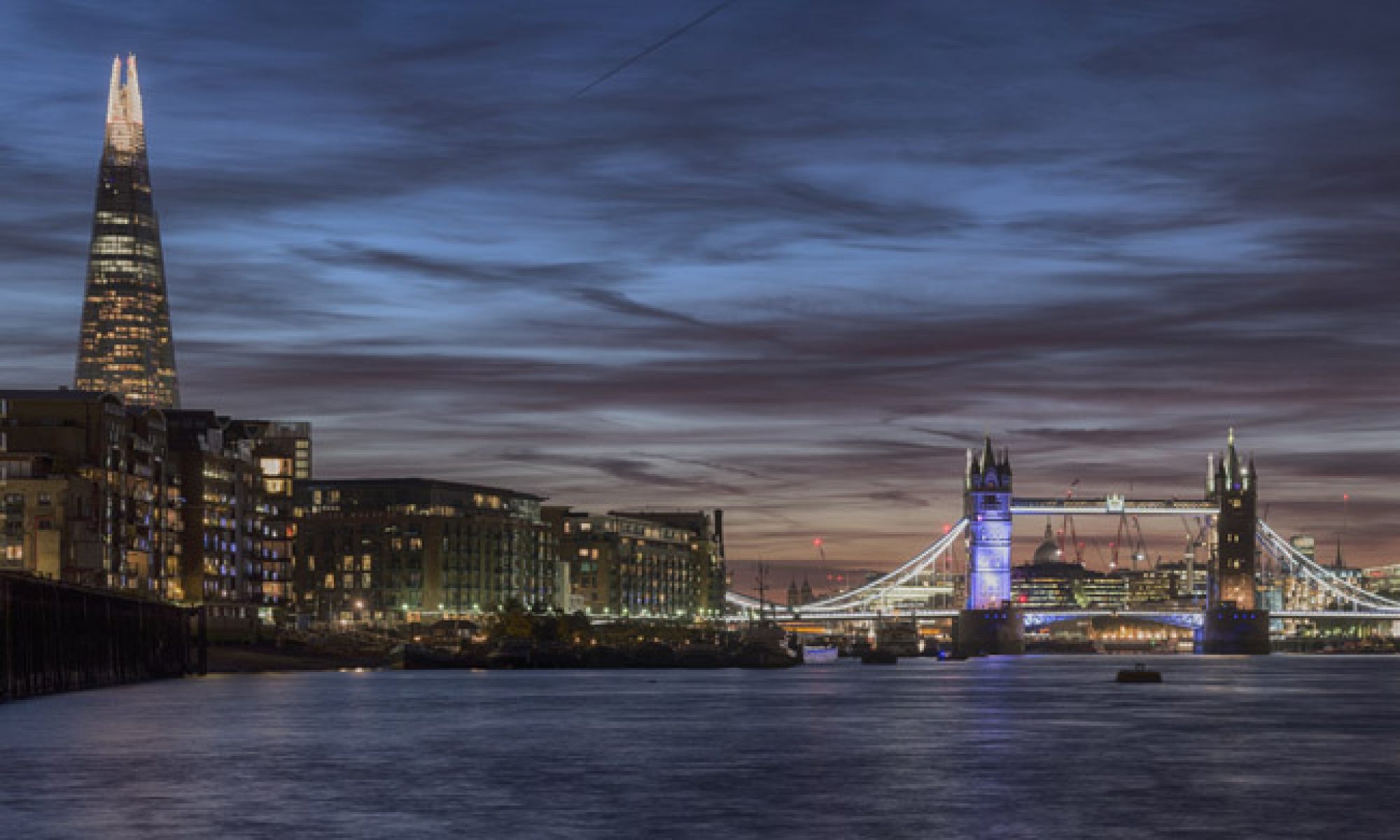Present perfect simple
Note: We use it when thinking about past and present as one thing
Unfinished time period (started in the past and still going on):
I’ve lived there for 6 years (and still there today)
He’s worked there since college (and still there)
Effect on present:
He has washed his car today. (the car is clean)
Mary has won some money in a lottery. (and still has some of it left)
He has acquired a decent command of Swedish when he lived in Stockholm.
(he can speak Swedish now)
News headlines (things just happened):
The plane has crashed in Russia killing everyone on board.
The Torries and LibDem has agreed to form a coalition government after the General election.
Unspecified time (the ‚when‘ is not important, but the action is):
I’ve been to Paris.
She has met George Michael.
He has seen many strange things at his job as a lorry driver.
Time words ever, before, recently, yet, already, ever, never:
Have you ever been to Italy?
I’ve recently visited Rome.
They have never been to Paris before.
The train has already left.
They have recently left Bristol for Bournemouth.
Form:
I/you/we/they: have + past participle or regular verb
he/she/it: has + past participle or regular verb
Positive statements:
I’ve met him once before.
You’ve been to work today (it’s still today)
He’s lived with his parents since the divorce.
She’s been married for 11 years now.
It’s been lovely weather all this week. (it’s Thursday today)
Negative statements:
I haven’t been to Russia yet.
She hasn’t left the house all day.
We haven’t watched much TV lately.
They haven’t told their friends about having a baby.
Questions:
Have you seen Pete today? Yes, I have / No, I haven’t.
Has he left yet? Yes, he has / No, he hasn’t.
Have they got married recently? Yes, they have / No, they haven’t.
© www.swotting.eu

231 odpovědí na “Present perfect simple”
Komentáře jsou uzavřeny.